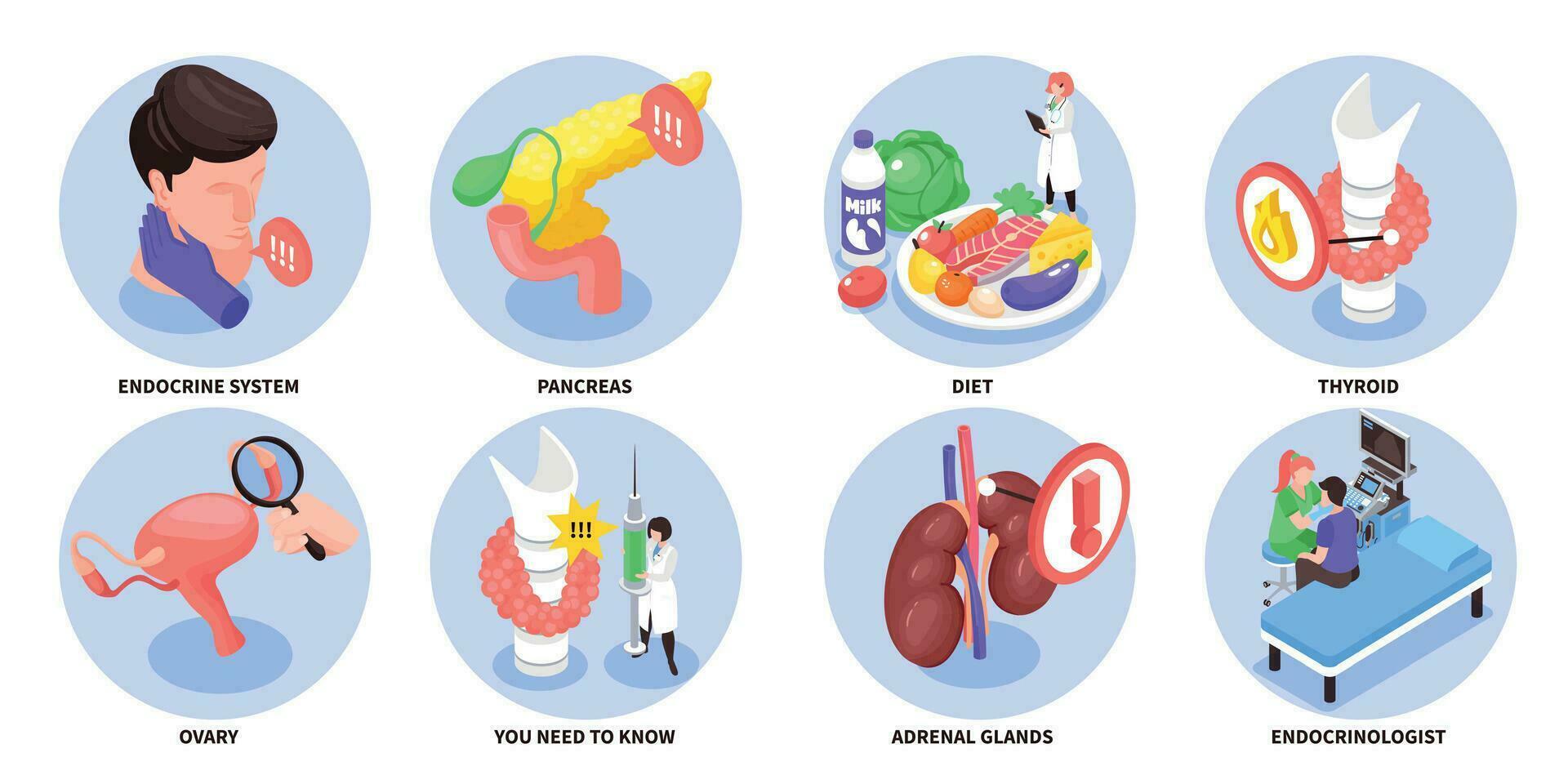Texas Endocrinology: State-of-the-Art Hormonal Health Care
Wiki Article
The Science Behind Hormone Guideline: Insights From an Endocrinologist
The Scientific Research Behind Hormonal Agent Law: Insights From an Endocrinologist supplies a comprehensive exploration of the elaborate procedures included in hormone policy. Whether you are a medical professional seeking a much deeper understanding of endocrine feature or a private interested in discovering about the science behind hormonal agent law, this publication is a vital resource.Hormones and Their Functions
Hormonal agents play crucial functions in the policy and coordination of numerous physical processes within the body. These chemical messengers are generated by endocrine glands and are launched into the blood stream, where they take a trip to target cells or organs to exert their results. The features of hormones are varied and incorporate nearly every aspect of human physiology.Among the main functions of hormonal agents is to preserve homeostasis, which is the stable inner atmosphere required for the body to function ideally. As an example, insulin, a hormone generated by the pancreas, manages blood sugar levels by advertising the uptake and storage of sugar in cells. Another hormonal agent, cortisol, helps the body reply to tension by increasing blood sugar level degrees and suppressing the body immune system.
Hormones additionally play vital functions in growth and growth. Growth hormonal agent, produced by the pituitary gland, stimulates the development of cells and bones, while thyroid hormones control metabolism and affect the growth of the nerve system - Endocrinology. Additionally, reproductive hormonal agents, such as estrogen and testosterone, are in charge of the development and maintenance of additional sexual attributes and the law of the menstruation
The Endocrine System: A Summary
Playing a critical role in the policy and control of physical processes, the endocrine system is a complex network of glands that create and release hormonal agents right into the blood stream. These glands, consisting of the hypothalamus, pituitary gland, thyroid gland, adrenal glands, pancreatic, ovaries, and testes, secrete hormones that serve as chemical messengers, affecting numerous physical features. The endocrine system operates in conjunction with the nerve system to keep and regulate homeostasis, ensuring that the body's internal environment remains stable.The hypothalamus, located in the brain, is thought about the master regulator of the endocrine system. It creates hormones that stimulate or inhibit the release of hormones from the pituitary gland, which in turn manages the activity of other endocrine glands. The thyroid gland, located in the neck, produces hormones that regulate metabolism and energy equilibrium. The adrenal glands, situated atop the kidneys, produce hormones that help the body respond to anxiety and control blood stress.

Policy of Hormone Production
The regulation of hormonal agent manufacturing involves a complex interplay in between various glands and feedback mechanisms within the endocrine system. Hormones are chemical messengers that play a crucial role in maintaining homeostasis and collaborating different physiological processes in the body. The production of hormones is firmly controlled to ensure the correct performance of the endocrine system.The hypothalamus, situated in the mind, functions as an essential regulator of hormonal agent manufacturing. It launches hormones that stimulate or hinder the manufacturing of hormonal agents by the pituitary gland, which is frequently referred to as the "master gland" of the endocrine system. The pituitary gland, in turn, generates hormones that act on numerous target glands throughout the body, promoting them to create and release details hormones.
Feedback systems likewise play a vital role in hormone law. When hormonal agent levels increase above or drop listed below the optimal range, the body sets off devices to either decline or increase hormone production, respectively, to bring back equilibrium.
Responses Loops in Hormonal Agent Law
Responses loopholes play a critical role in the policy of hormone production. These loops include a series of communications between the endocrine glands, hormones, and target organs to maintain homeostasis in the body. There are two kinds of feedback loops: negative feedback and positive feedback.When hormone levels rise over a particular limit, the hypothalamus in the brain signals the pituitary gland to reduce hormone manufacturing. Alternatively, when hormone degrees go down below the limit, the hypothalamus boosts the pituitary gland to boost hormone manufacturing, recovering balance.
Favorable comments loops, Endocrinology on the various other hand, enhance hormone manufacturing. This occurs when a hormonal agent promotes the release of even more of the same hormonal agent, causing a rapid rise in its levels. Nonetheless, positive responses loops are much less typical in hormonal agent guideline and are normally involved in certain physiological procedures, such as childbirth and lactation.
Elements Affecting Hormonal Agent Balance
Elements affecting hormone equilibrium include nutritional selections, way of life practices, and ecological exposures. These elements can have a significant influence on the fragile equilibrium of hormones in the body, impacting numerous physiological processes and general wellness.Nutritional options play an essential function in hormone guideline. Consuming a well balanced diet plan that consists of a selection of nutrients is crucial for preserving hormonal agent balance. Specific nutrients, such as omega-3 fats, vitamins, and minerals, are particularly important for optimum hormone function. On the other hand, a diet high in processed foods, refined sugars, and unhealthy fats can disrupt hormone levels and lead to imbalances.
Ample rest is essential for hormone manufacturing and law, as interfered with rest patterns can lead to imbalances. Additionally, chronic stress can dysregulate the hypothalamic-pituitary-adrenal (HPA) axis, a vital gamer in hormone regulation, leading to a waterfall of hormonal imbalances.

Conclusion
In final thought, comprehending the science behind hormonal agent law is important for preserving total wellness and health. Hormonal agents play critical roles in numerous physical features, and their manufacturing is managed by intricate responses loopholes.The Science Behind Hormone Policy: Insights From an Endocrinologist offers a comprehensive expedition of the complex procedures involved in hormone law. It produces hormonal agents that promote or inhibit the launch of hormones from the pituitary gland, which in turn controls the task of other endocrine glands. It releases hormonal agents that promote or inhibit the manufacturing of hormones by the pituitary gland, which is commonly referred to as the "master gland" of the endocrine system. The pituitary gland, in turn, generates hormonal agents that act on numerous target glands throughout the body, stimulating them to generate and launch particular hormones.
When hormonal agent degrees climb above a particular threshold, the hypothalamus in the brain signifies the pituitary gland to decrease hormonal agent production. (Endocrinology)
Report this wiki page